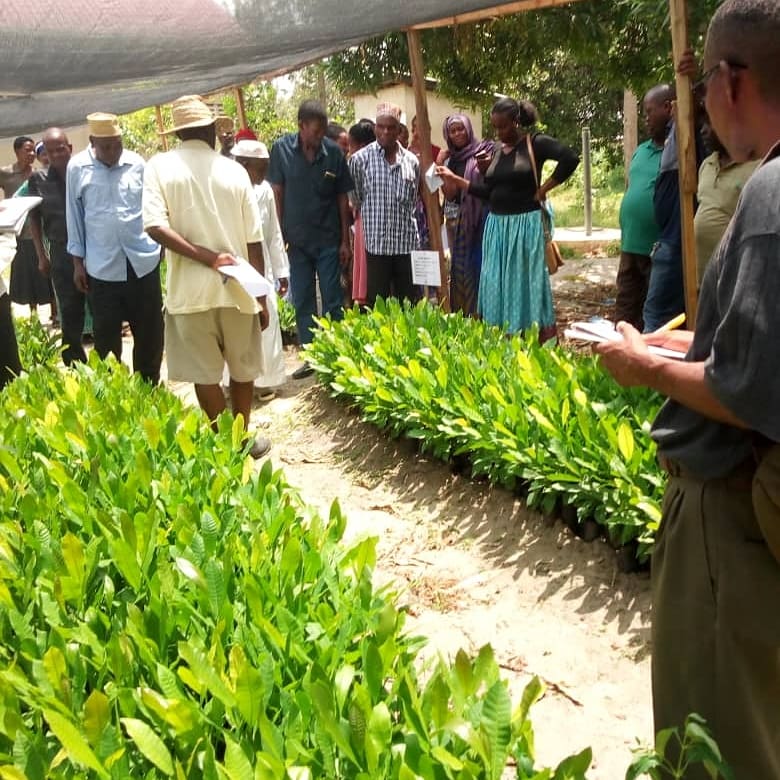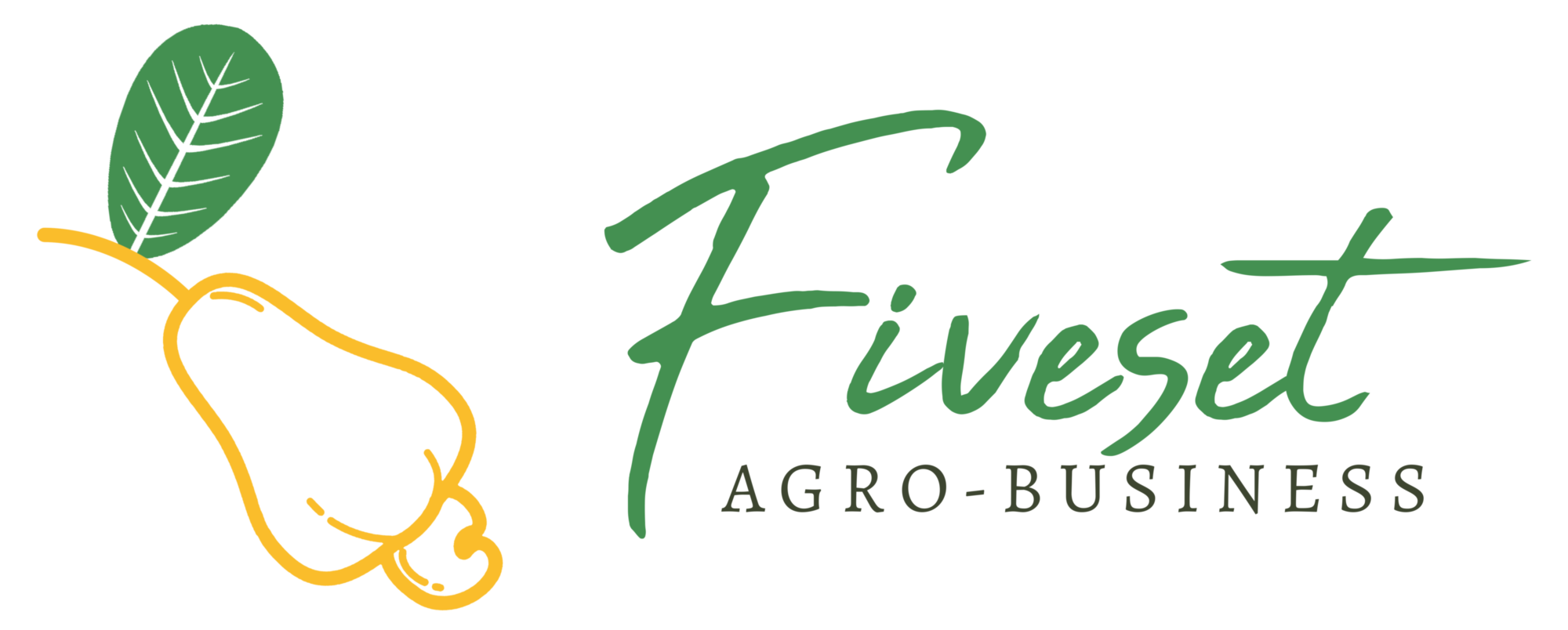Description
Agronomic training is at the heart of our efforts to empower women in the cashew industry. This training is designed to equip young women with the knowledge and skills necessary to excel in cashew cultivation and processing. By focusing on sustainable and modern agricultural practices, we aim to enhance productivity, improve crop quality, and ensure long-term success in cashew farming.
Training Modules
- Cashew Seedling Production:
- Learn the process of producing high-quality cashew seedlings, from seed selection to nursery management.
- Techniques to ensure healthy, disease-resistant seedlings that can thrive in various environmental conditions.
- Soil Health Management:
- Understanding soil types, nutrient requirements, and the importance of soil testing.
- Best practices for soil preparation, including organic and inorganic fertilization methods.
- Pest and Disease Management:
- Identification and management of common pests and diseases affecting cashew crops.
- Integrated Pest Management (IPM) techniques that reduce reliance on chemical pesticides while maintaining crop health.
- Water Management:
- Efficient irrigation methods, including drip and sprinkler systems, to optimize water usage.
- Techniques for water conservation and drought management, ensuring crop resilience in varying climatic conditions.
- Pruning and Canopy Management:
- Importance of regular pruning to enhance cashew tree health and productivity.
- Methods for managing tree canopy to maximize sunlight exposure and air circulation.
- Harvesting and Post-Harvest Handling:
- Best practices for harvesting cashews to ensure maximum yield and quality.
- Techniques for proper drying, storage, and transportation to preserve the quality of cashew nuts.
Learning Approach
- Hands-On Training: Participants will engage in practical sessions at our demonstration farms, allowing them to apply what they learn in real-world scenarios.
- Workshops and Seminars: Experts in agronomy will lead interactive workshops and seminars, providing in-depth knowledge and answering questions.
- Mentorship and Support: Each participant will be paired with a mentor who will provide ongoing guidance and support throughout their journey in cashew farming.
Outcomes
- Skill Development: Participants will gain the skills needed to manage cashew farms efficiently, leading to increased productivity and profitability.
- Sustainability: By adopting sustainable farming practices, these women will contribute to the long-term health of the environment and the cashew industry.
- Economic Empowerment: With the knowledge acquired, participants will be better equipped to run their own cashew farming enterprises or improve the productivity of existing ones, leading to greater financial independence.
Conclusion Our agronomic training program is a key component of our broader mission to empower young women in Tanzania. By providing them with the tools and knowledge necessary for success in cashew farming, we are helping to create a new generation of skilled, confident, and economically empowered women who will drive the future of the cashew industry.





